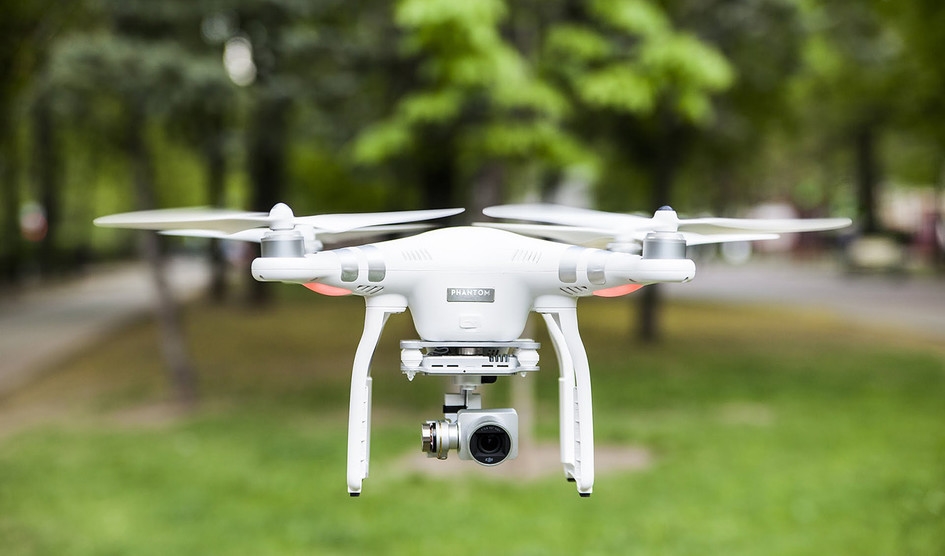The influence of Trump’s drone policies has reshaped the landscape of modern warfare, introducing significant changes that continue to reverberate across international borders. During his presidency, Donald Trump’s administration made substantial adjustments to drone usage, reflecting a strategic approach towards combating terrorism and enhancing military capabilities.
Changes in Drone Policy
One of the pivotal changes under Trump’s admin was the loosening of restrictions surrounding drone strikes. This alteration aimed to grant the military greater autonomy, facilitating operations in regions deemed necessary without bureaucratic delays. The shift envisioned a reduction in the constraints that previously hampered rapid response and strategic decision-making.
The expanded use of drones under this policy led to increased military efficiency. By enabling quicker mobilization and deployment of drone strikes, combat operations became more dynamic and adaptive to emerging threats. These advancements were particularly evident in counterterrorism efforts where drones played a crucial role in targeting key adversaries.
The Ethical Considerations
Trump’s drone policies also sparked extensive debates regarding ethical considerations surrounding their usage. Opponents argue that increased drone deployment raises moral and legal questions, particularly concerning civilian casualties and sovereignty violations. Navigating these concerns requires careful deliberation, ensuring that military efficacy does not compromise ethical standards.
- Advocates claim that drones offer precision that minimizes collateral damage compared to conventional warfare methods.
- Critics highlight incidents of civilian casualties, urging for stringent regulations to govern drone operations.
These discussions underscore the need for a balanced approach, where strategic gain does not overshadow humanitarian considerations.
Strategic Advantages
On the strategic front, Trump’s drone policies provided the United States with notable advantages. The capability to conduct operations remotely and swiftly without risking personnel lives proved invaluable. Moreover, drones enhanced intelligence gathering, offering real-time surveillance and reconnaissance crucial for informed military decisions.
This capability to gather actionable intelligence in hostile terrains has transformed strategies, enabling proactive and informed decision making that strengthens national security.
Furthermore, the psychological impact of drone presence serves as a deterrent to hostile entities, conveying a message of advanced military capability and readiness. The psychological warfare aspect remains an understated yet vital dimension of drone utilization.
Global Reactions and Implications
Internationally, Trump’s drone policies have prompted varied reactions. While some allies appreciate the emphasis on combating terrorism, others voice concerns over the implications on sovereignty and international norms. These dynamics illustrate the complex interplay between national security interests and global diplomatic relations.
Adjustments in drone policy resonate through alliances, altering collaborative synergies and prompting discussions on defense strategies. Nations are increasingly grappling with balancing their own security needs against collaborative international efforts.

As global warfare continues evolving, drone technology is at the forefront, reshaping operational tactics and forcing reevaluations of military and diplomatic strategies. The long-term implications of Trump’s policies will likely influence future administrations as they navigate the challenges of modern warfare.
FAQs on Trump’s Drone Policies
- What were the main objectives of Trump’s drone policies?
- The primary objective was to enhance the military’s operational flexibility and efficiency in counterterrorism efforts by loosening restrictions and enabling quicker response times.
- How did Trump’s policies affect international relations?
- While emphasizing national security, these policies raised concerns about sovereignty and international law, prompting varied international reactions and necessitating diplomatic negotiations.
- Are there any ongoing efforts to address ethical concerns?
- Yes, ongoing discussions include calls for stricter regulations and oversight to ensure that drone operations adhere to ethical standards and minimize civilian casualties.
In conclusion, Trump’s approach to drone policy remains a pivotal aspect of modern warfare, driving significant changes both strategically and ethically. As nations grapple with these evolving dynamics, the conversation surrounding drone usage continues to grow, reflecting the undeniable impact of these unmanned aerial vehicles on global security.